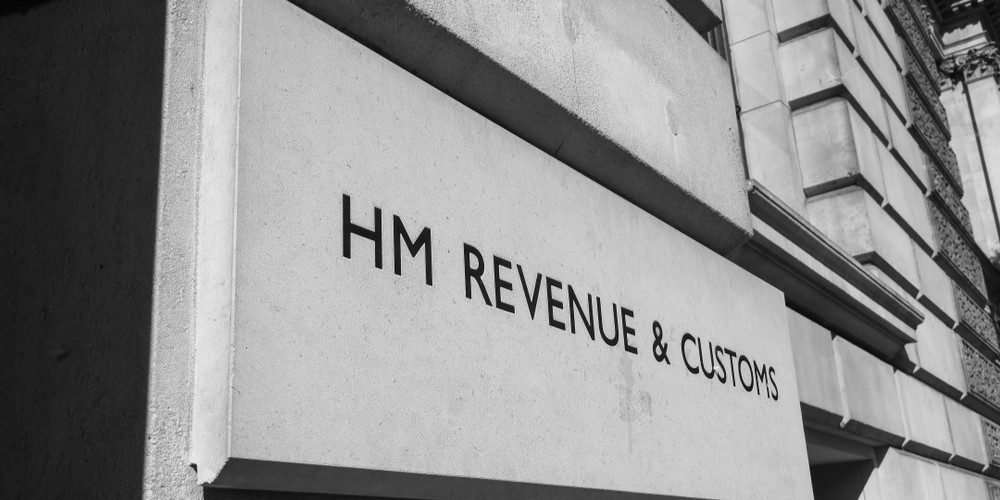
In Re Grove Independent School Ltd [2023] EWHC 2546 (Ch), the High Court considered an urgent application by the directors of Grove Independent School Ltd (Grove) for a moratorium under s A4 Insolvency Act 1986. The decision is only the second reported judgment on the moratorium procedure in Part A1 IA 1986 (the first being Re Corbin & King Holdings Ltd [2022] EWHC 340 (Ch), which concerned the circumstances in which a monitor is required to terminate a moratorium).
Q&A references in this feature are to FromCounsel's Insolvency procedures: overview content.
Background
Grove operated a nursery and primary school in Milton Keynes. Grove was facing financial challenges due to greater competition, the need to continually invest in expensive technology and improvement of premises, and increasing staff costs. In addition, the COVID-19 pandemic caused a decrease in Grove's fee income. As a result, Grove had accrued various arrears to HMRC, and HMRC had presented a winding up petition. The petition had not yet been heard but the petition debt was not disputed. The directors sought a moratorium to continue trading and facilitate a refinancing. HMRC was notified of the application but was not represented at the hearing.
The way a company can obtain a moratorium under Part A1 depends on whether the company is subject to an outstanding winding up petition. If, as in this case, a company is subject to an outstanding winding up petition, the directors must apply to court for a moratorium (see Q&A here). The application must be accompanied by various prescribed documents (Relevant Documents) (see Q&A here). The Relevant Documents include a statement from the proposed monitor of the moratorium that, in the monitor's view, it is likely that a moratorium for the company would result in the rescue of the company as a going concern.
On hearing the application, the court may make an order that the company should be subject to a moratorium, or any other order which the court thinks appropriate. However, the court may only make an order that the company should be subject to a moratorium if it is satisfied that a moratorium for the company would achieve a better result for the company's creditors as a whole than would be likely if the company were wound up without first being subject to a moratorium (Better Result Test).
Decision
In the course of applying the Better Result Test to the directors' application, ICC Judge Greenwood made the following points.
- Reading IA 1986 as a whole, the Better Result Test requires the court to compare (a) the likely or probable outcome in the event of a moratorium being ordered, taking into account the proposed monitor's evidence that it would be likely to result in the company's rescue as a going concern, with (b) the likely or probable outcome in the event of a liquidation without a prior moratorium.
- The standard of proof is that the court must be satisfied that, on the balance of probabilities and from the perspective of the company's unsecured creditors, the first outcome is or would be better.
- This is a different standard of proof to the standard the court applies when considering an application to appoint an administrator. A court can only grant an application to appoint an administrator if it is satisfied that the order would be 'reasonably likely' to achieve the purpose of the administration (paragraph 11 Schedule B1 IA 1986). This requires there to be a 'real prospect' of achievement, which is not to say there must be a more than 50% chance: see Q&A here.
- It is unlikely that applying the Better Result Test was envisaged to be a profoundly technical exercise. Rather, the court will apply the test on the basis of the evidence before it in a broad fashion, in accordance with commercial realities.
Having set out the test to be applied, the court then reviewed the director's evidence and Grove's financial position. Grove could self-fund through the moratorium, so the position of creditors would not worsen. Grove’s most recent filed accounts showed a balance sheet surplus of approximately £2 million, which could support a refinancing. Grove’s only secured lender supported the moratorium.
The court accepted that a liquidation would very likely be worse and extremely damaging for the Company's creditors, so the Better Result Test was met. Further, a liquidation would very likely lead to the collapse of the business and closure of the school (and chaos for parents and children). The court also highlighted that as Grove ran a school with a large number of pupils it fulfilled an important social function.
The court therefore exercised its discretion and ordered that the company should be subject to a moratorium.
What to take away
The judgment is notable for three reasons.
First, the judgment is the first to consider the circumstances in which the court may exercise its discretion to order that a company be subject to a moratorium. The court confirmed that the standard of proof to be used when applying the Better Result Test is the balance of probabilities, and not the real prospect test which is used when considering administration applications. Although this follows from the wording in s A4(5), some commentators had previously suggested that the standard of proof for the Better Result Test was the real prospect test.
Second, whereas the court stated in this case that the Better Result Test should be applied "from the perspective of the company's unsecured creditors", this is not set out in s A4. It would appear an odd result if the court was required, when applying the Better Result Test, to limit itself to the perspective of unsecured creditors rather than considering the likely result of the moratorium 'for the company's creditors as a whole'. In other contexts, the court has consistently held that a 'company's creditors as a whole' means both its secured and unsecured creditors (eg Re Zegna III Holdings Inc (in administration) [2009] EWHC 2994 (Ch)).
Finally, the court clearly regarded it as relevant that Grove operated a school. If the moratorium was not granted and Grove instead entered administration or liquidation, there would be a variety of adverse impacts on pupils, staff and others. This militated in favour of the court exercising its discretion to order the moratorium, once it had found the Better Result Test had been met, so that it had the power to make the order.
First published on the Corporate News Service on 17 November 2023.
Want to view more content like this? Or view the previous features? Sign up for a Free Trial to our service.




